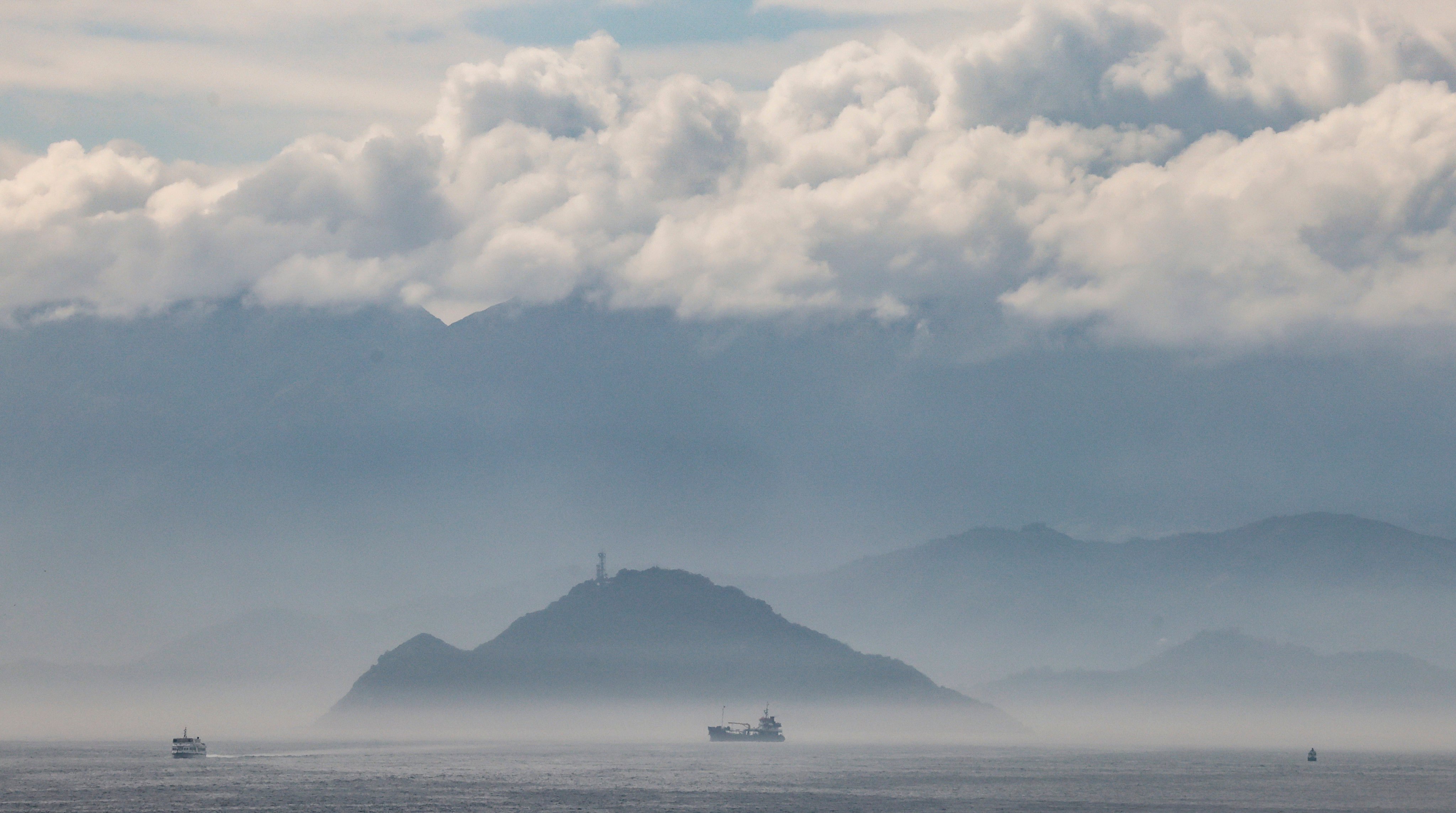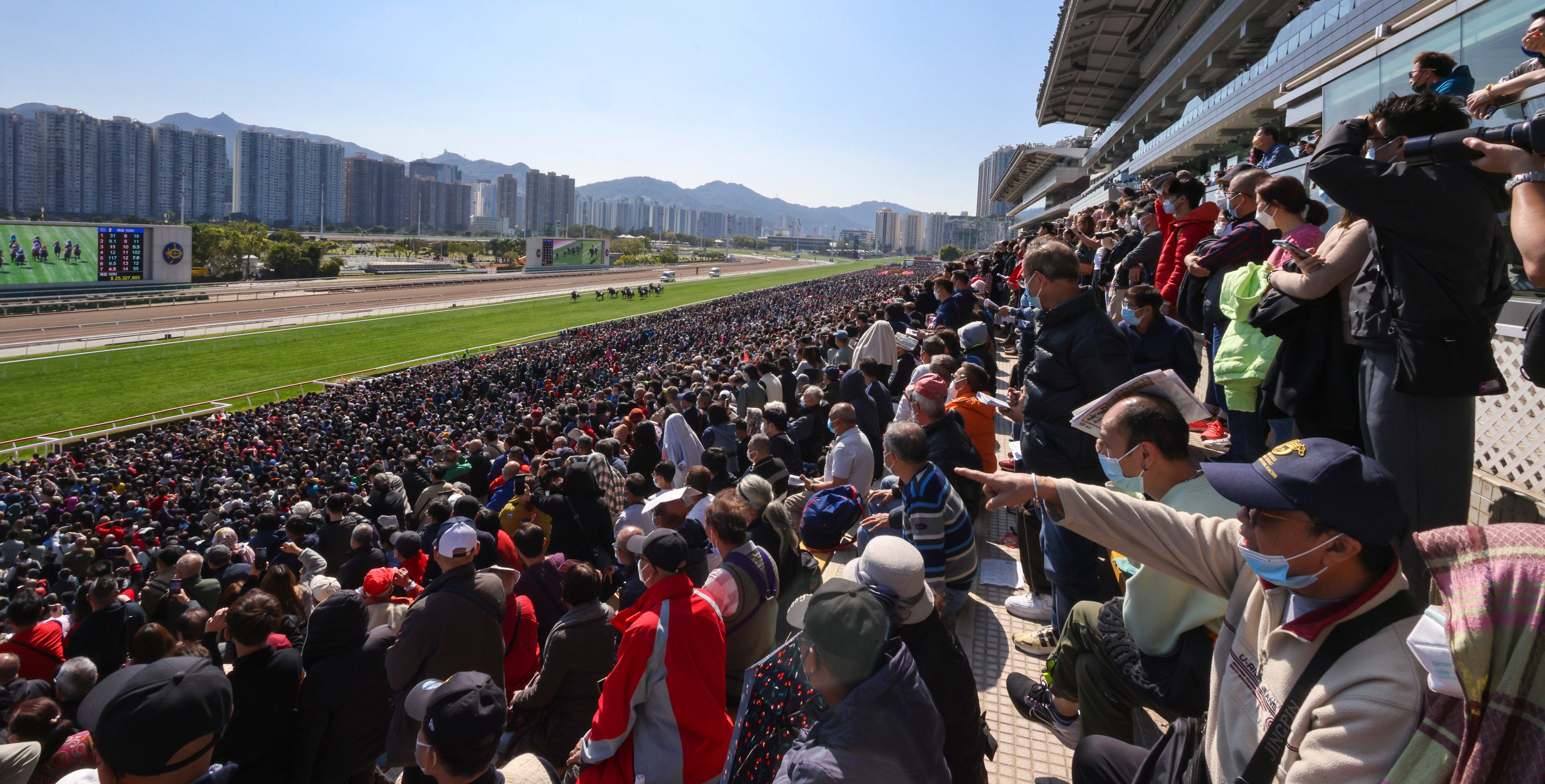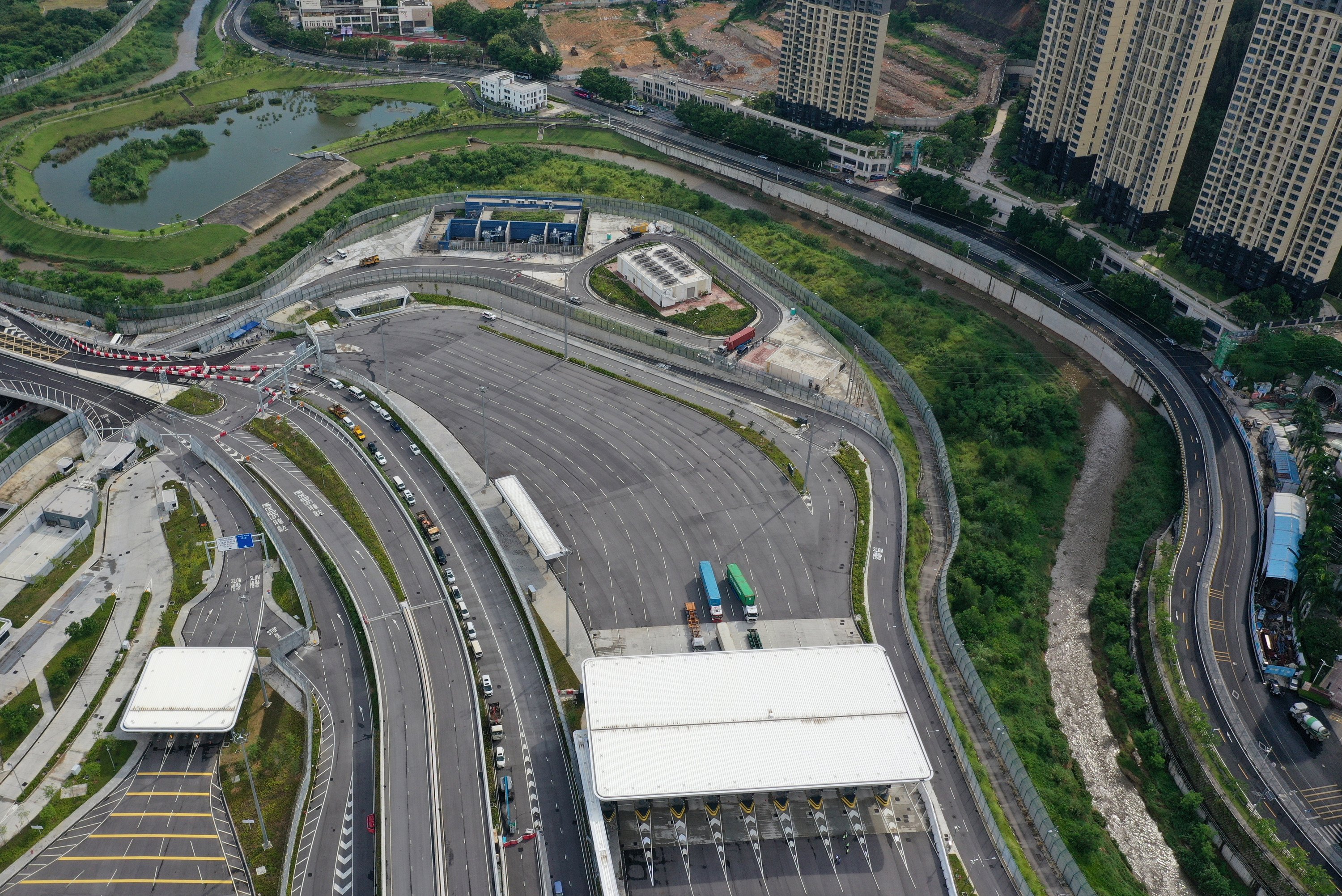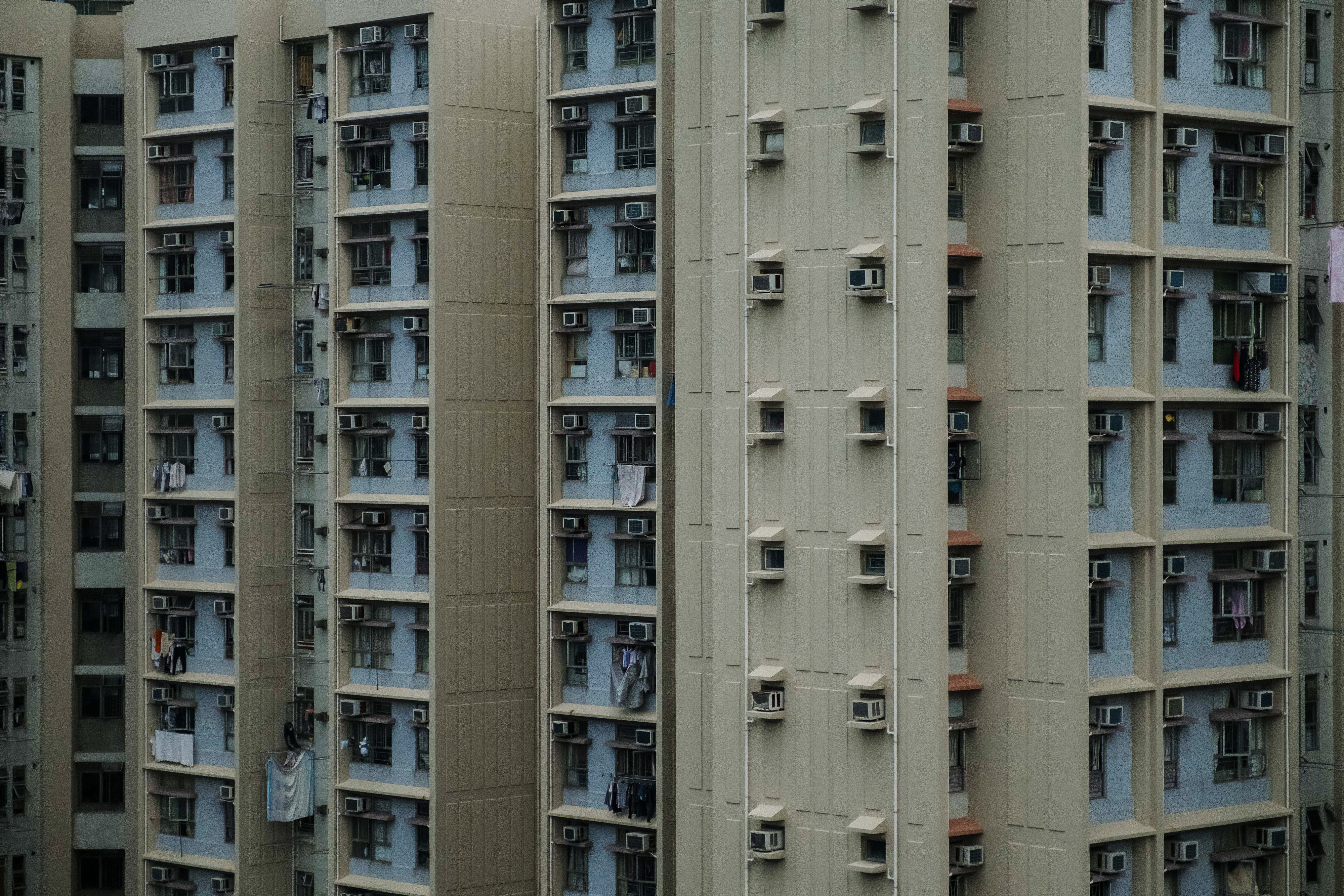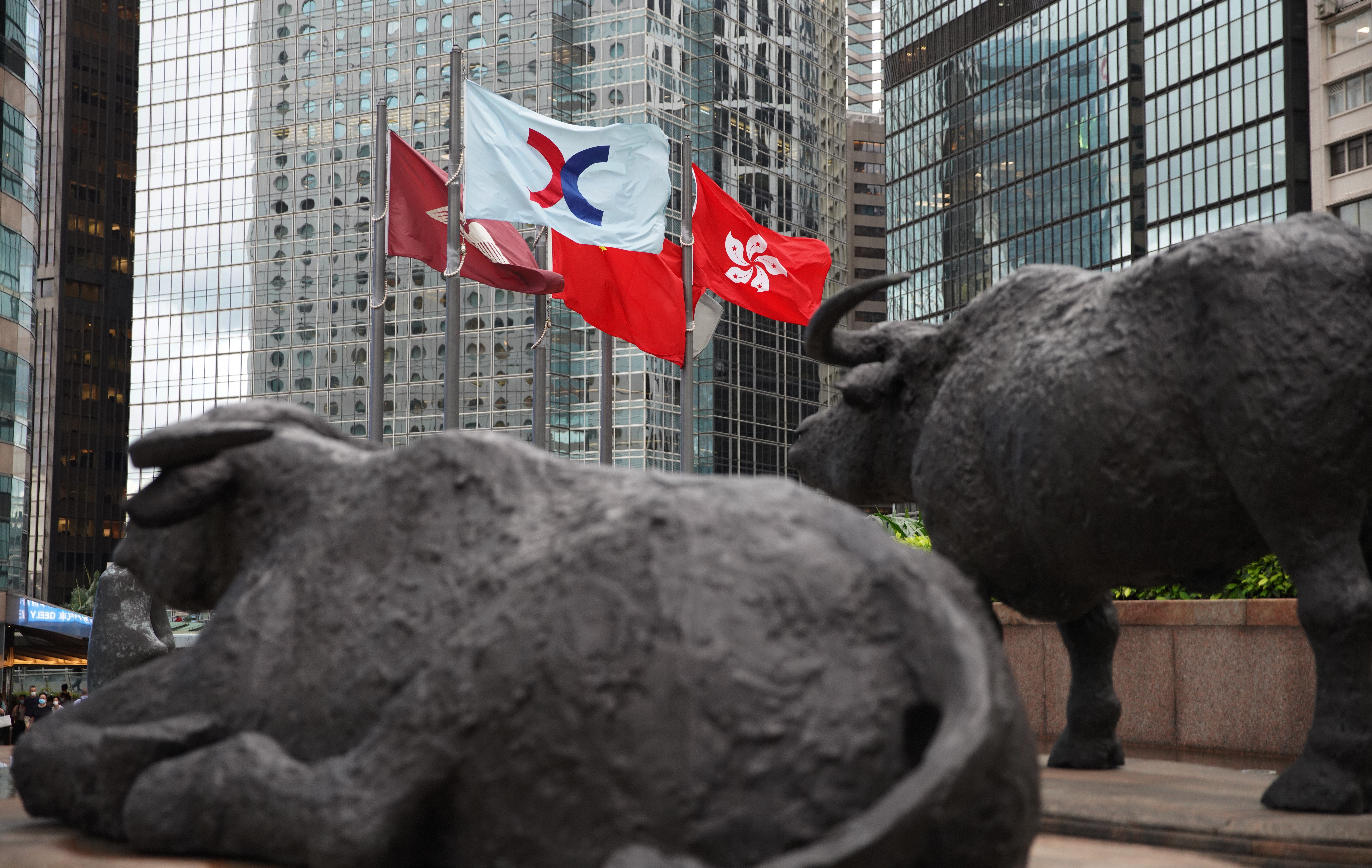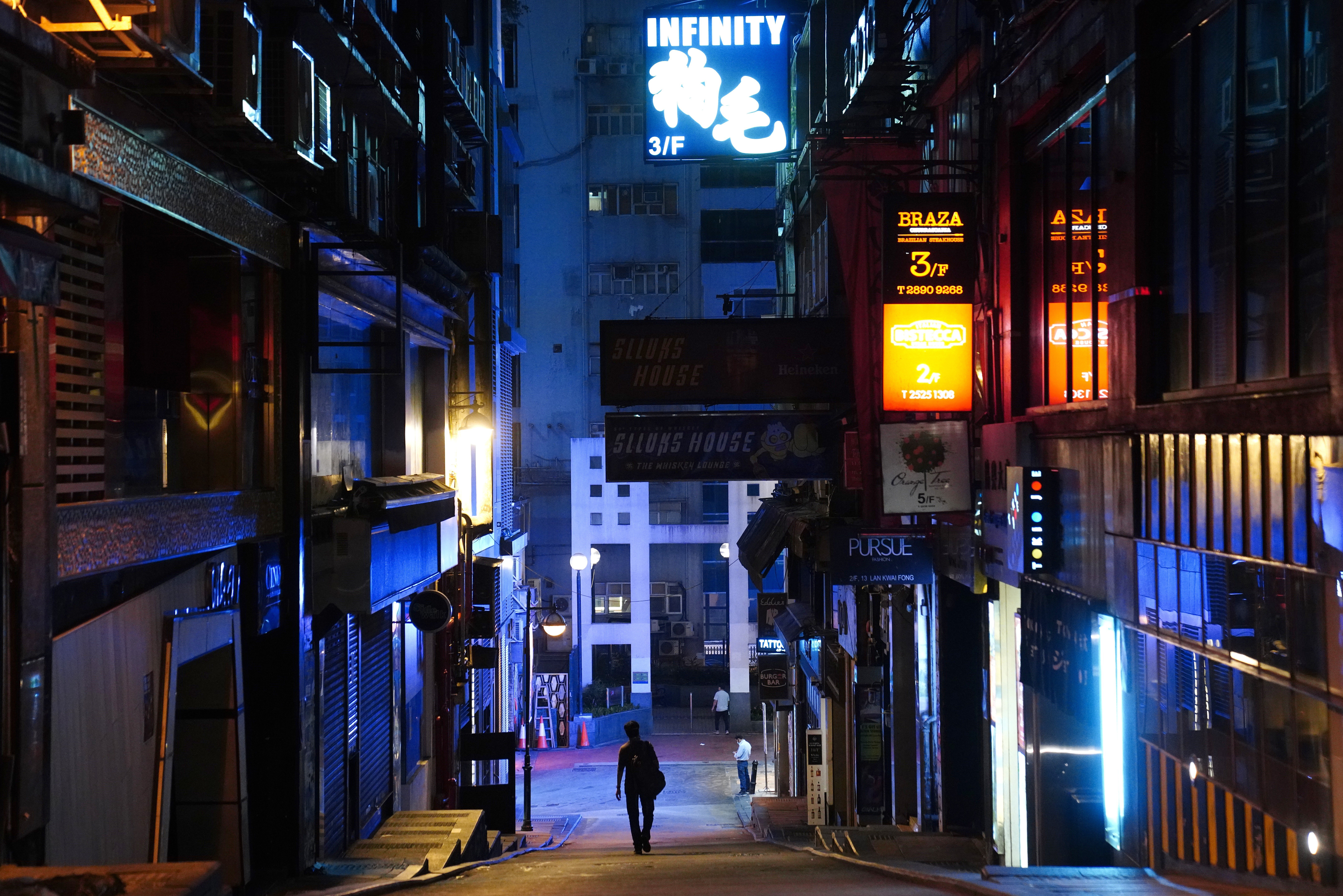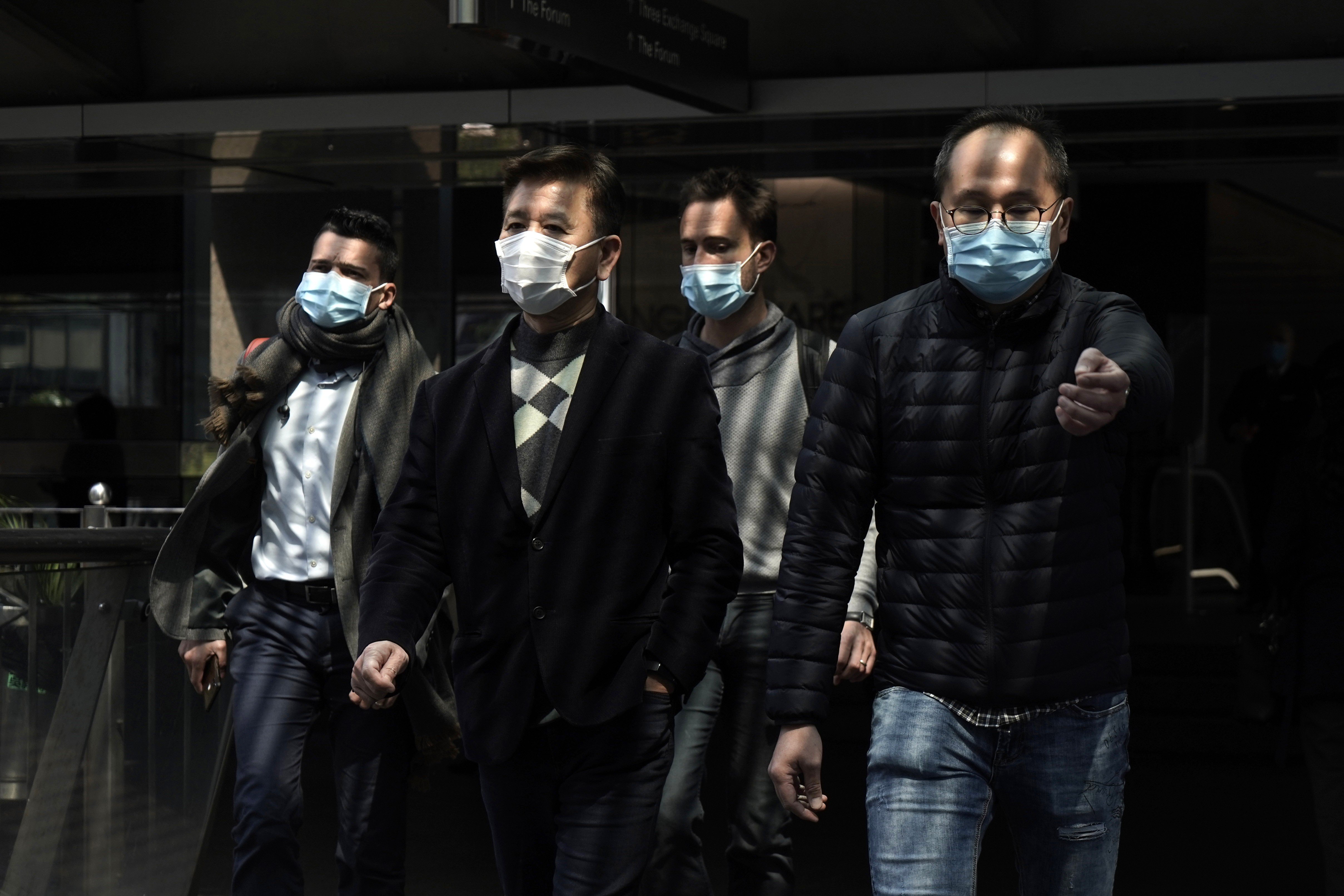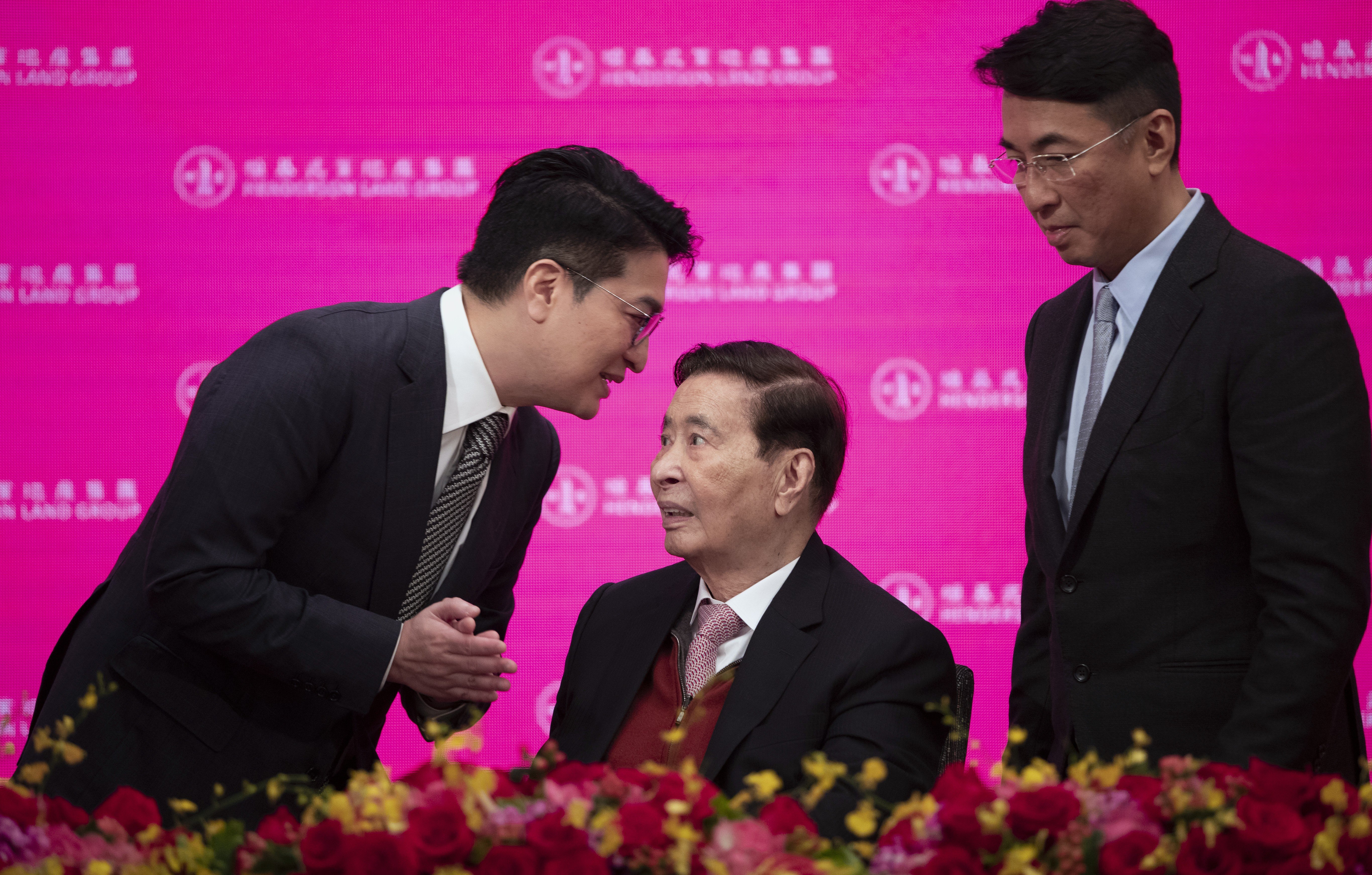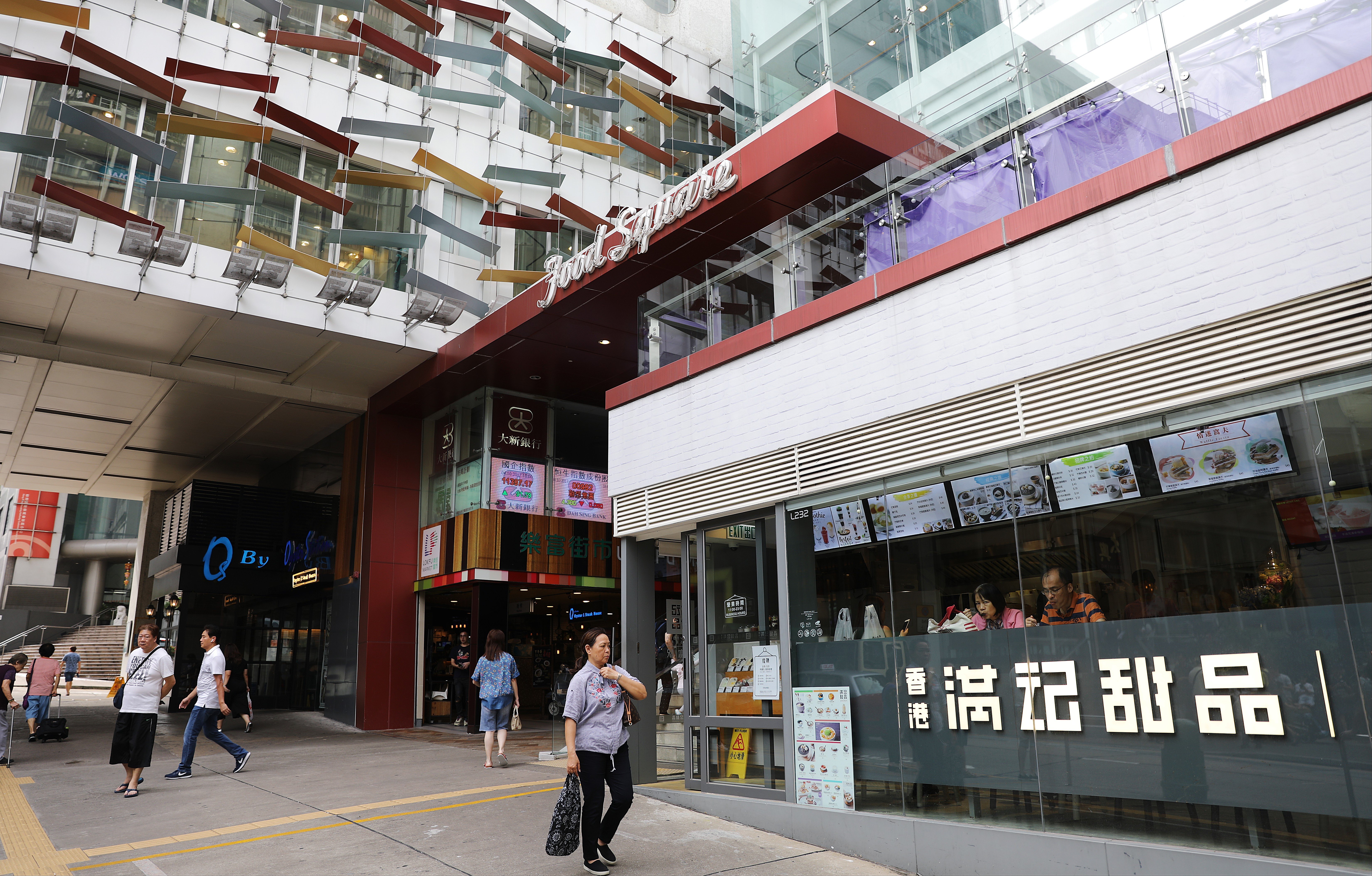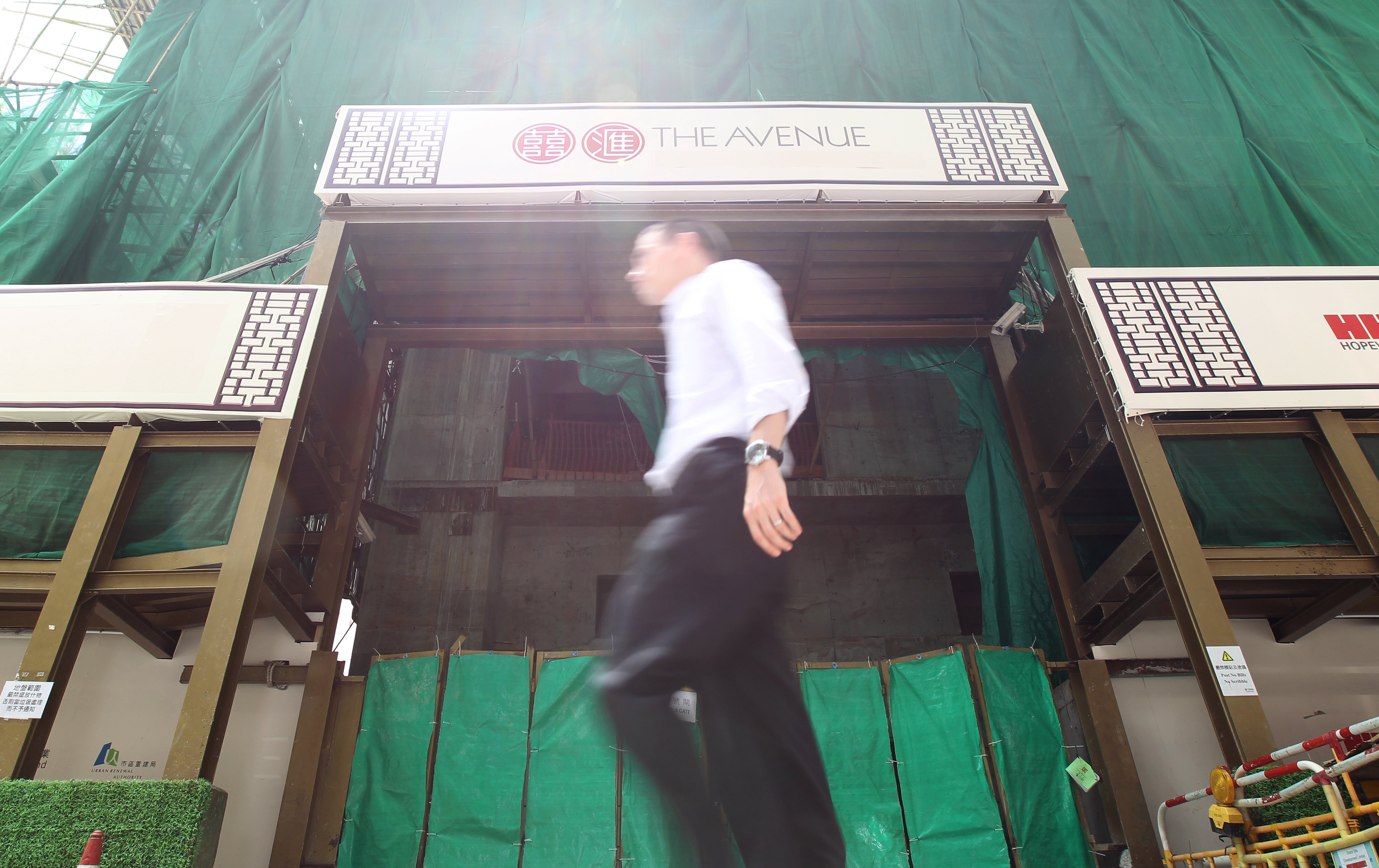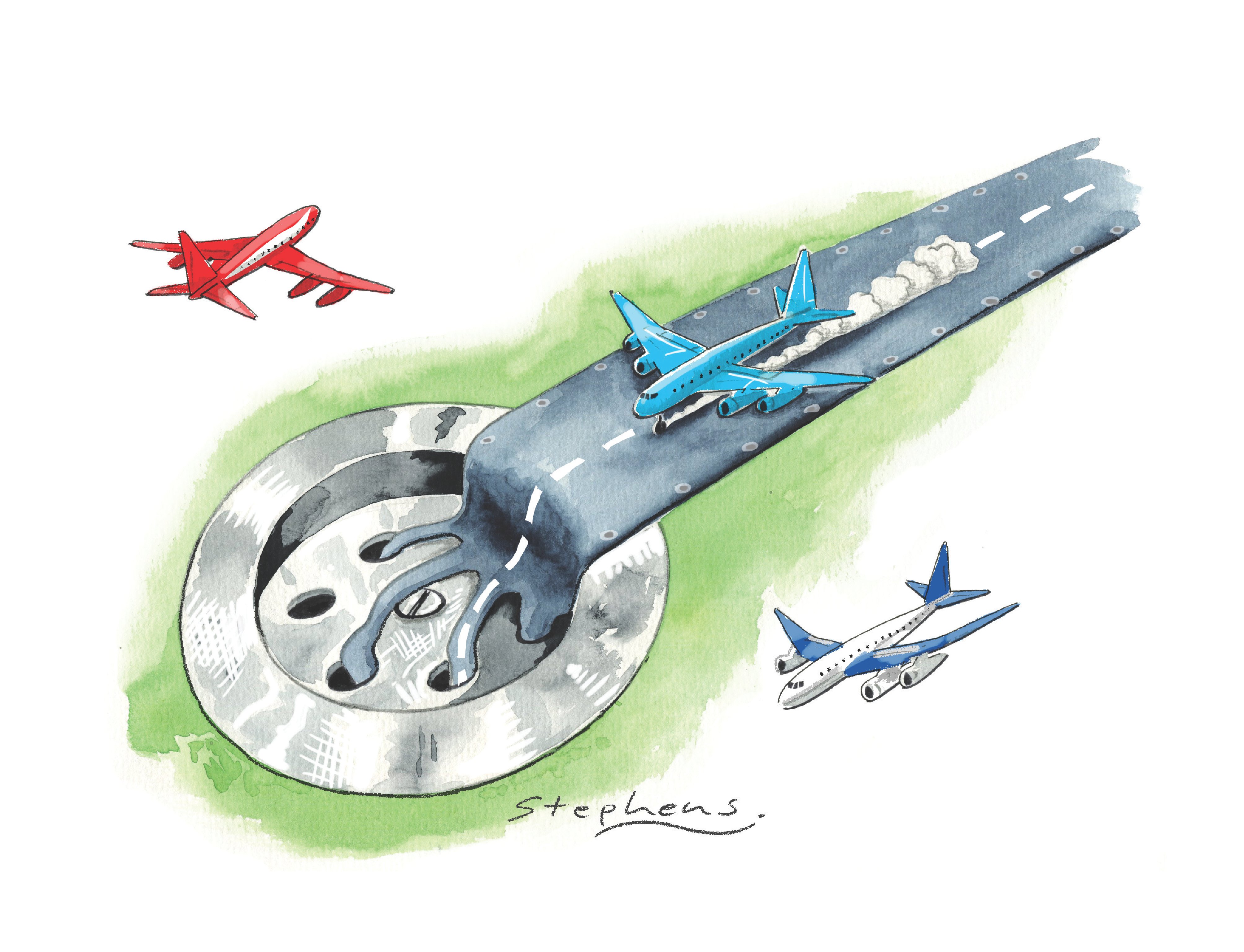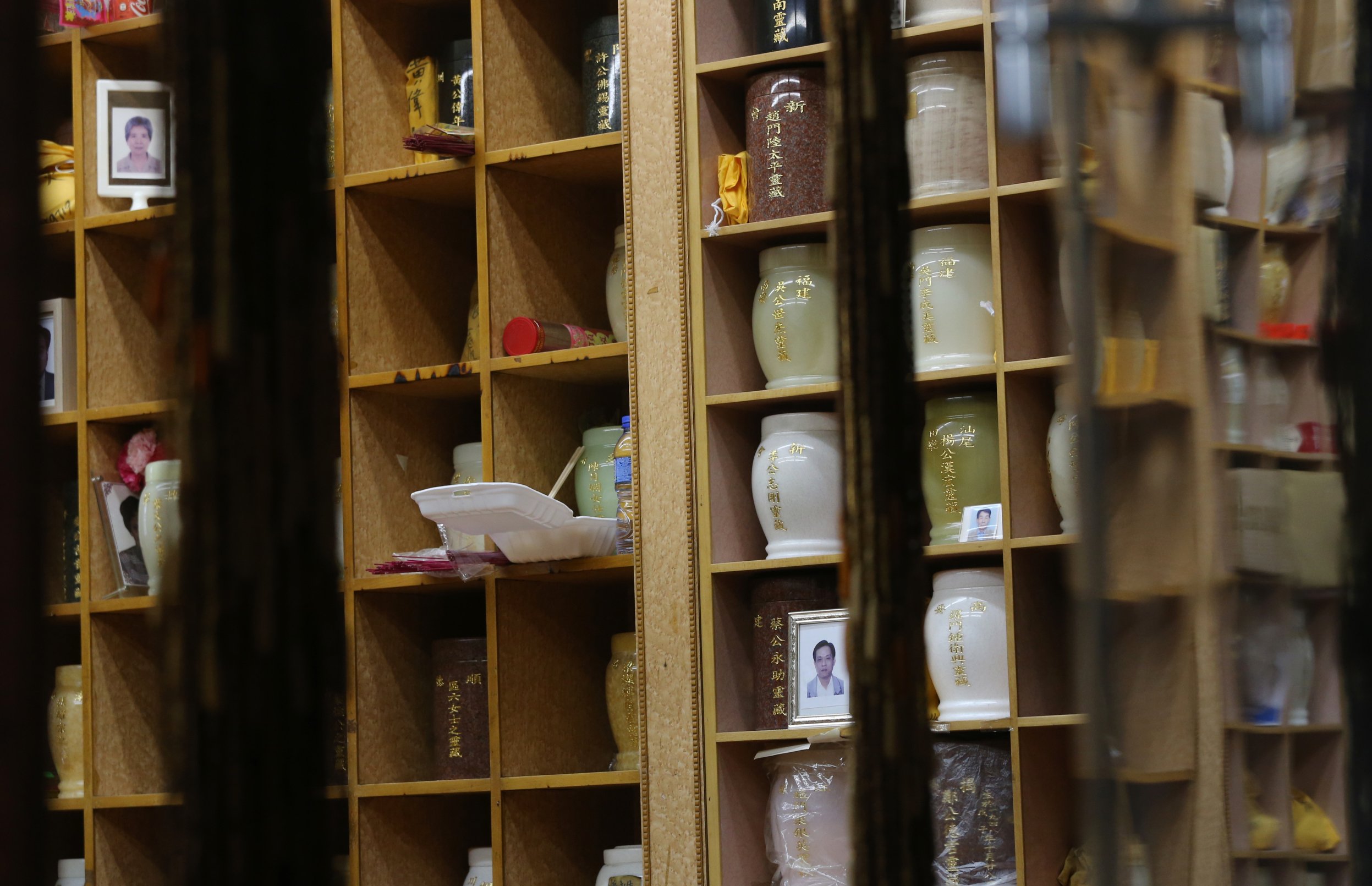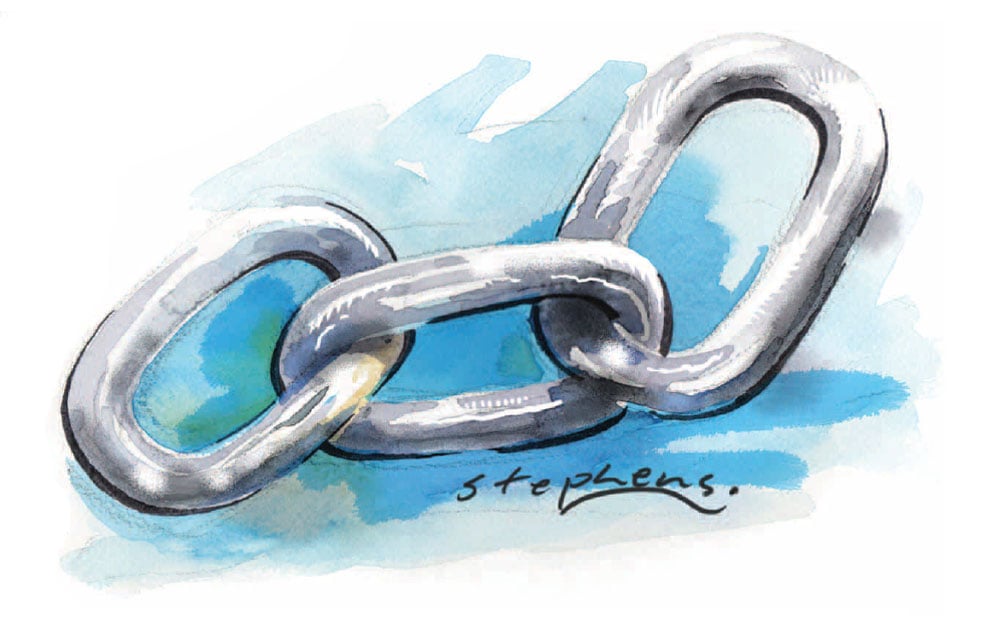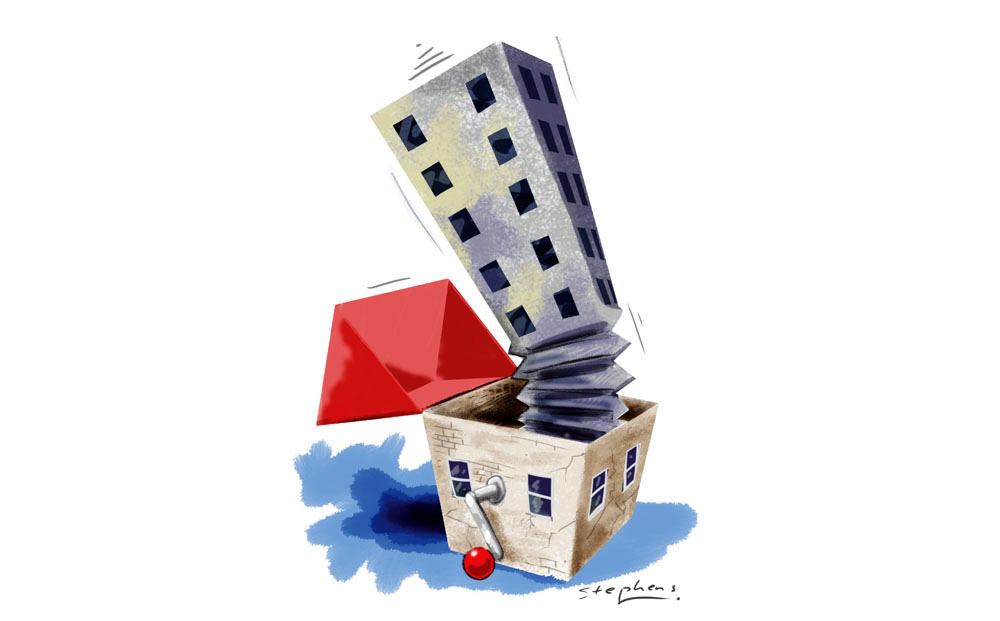Advertisement
Advertisement

Francis Neoton Cheung
Francis Neoton Cheung is the convenor of Doctoral Exchange, a public policy research collective, and a former member of the Land and Building Advisory Committee. He is a member of the Chief Executive’s Policy Unit Expert Group.
Francis Neoton Cheung is the convenor of Doctoral Exchange, a public policy research collective, and a former member of the Land and Building Advisory Committee. He is a member of the Chief Executive’s Policy Unit Expert Group.
Languages Spoken:
EnglishHosting large-scale international events is a powerful statement that Hong Kong is back as a global player after three years of pandemic isolation. Now that the city is reclaiming its place on the world stage, the government and business sector must cooperate to form long-term strategies and lift the city’s allure.
The 1,000 ha of reclaimed land earmarked for the project are expected to accommodate a new business district plus some half a million residents. But with most of the space to be taken up by transport infrastructure and communal facilities, the project may be stretching itself too thin.
The club is already Hong Kong’s largest taxpayer and one of Asia’s top donors, with charity contributions outpacing growth during the pandemic. With higher taxes likely to eat into competitiveness and revenue, calls to raise betting duties will do little beyond earning politicians brownie points.
If Hong Kong is to transform into an innovation hub, high value-added manufacturing and new industries will need better transport connectivity. A new rail line that runs the length of the eastern New Territories and links to Hong Kong Island would be a bold statement of intent.
Advertisement

